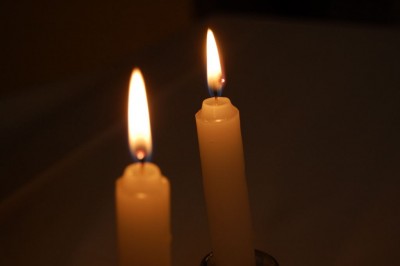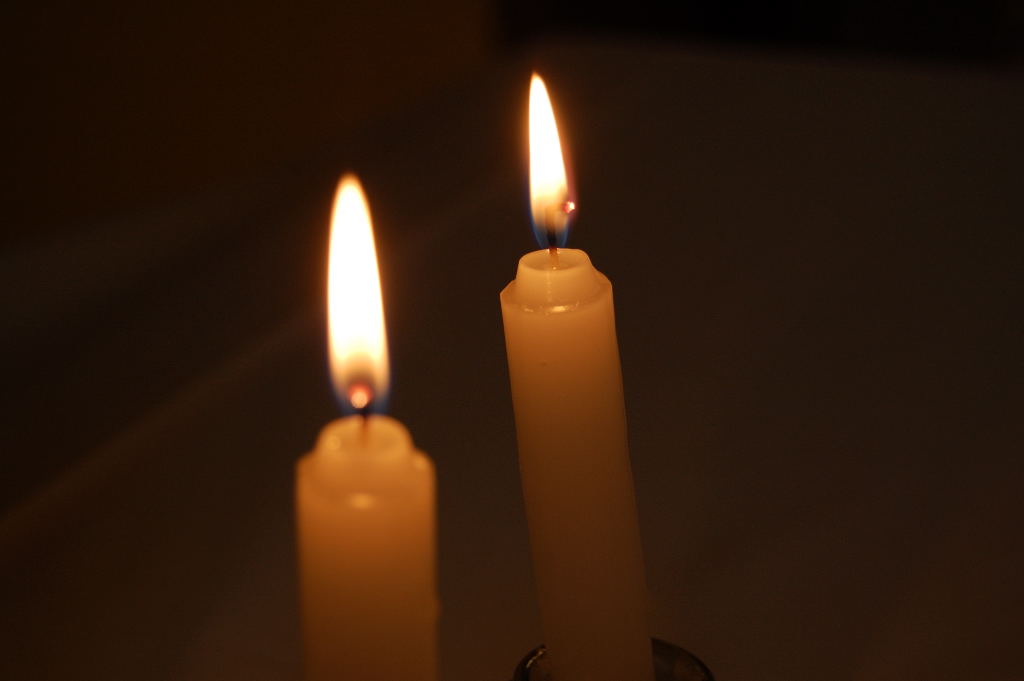
When I was younger I used to tell my dad that I wanted to be a Cantor someday. I learned how to read Torah, lead services, and my singing voice was not too shabby, either. Then, I went off to a Jewish boarding school and my view of what Judaism’s involvement in my life would be changed. I became Shomer Shabbat (kept the Sabbath), and when I went home for break, I would insist that my parents let me go to the Orthodox shul. I could see this leaning toward Orthodoxy saddened my dad, because as he later told me, if I become Orthodox then my Torah reading and service leading skills would go to waste.
Nowadays is that still the case? Yes, there are branches within Orthodox Judaism that do not allow women to participate in services in which men are present. However, there are also other, more inclusive options. Women’s only tefillot, or prayer services, are becoming more popular. Some synagogues let women have roles in the service other than reading Torah. In Judaism, views, opinions, and applications of laws are always being reevaluated and changed. One thing I have noticed in more traditional households is the power of the wife. Yes, the wife takes care of the kids at home, but they also often take an active role in teaching kids in the classroom setting and run events hosted by their shul. Some people see the role of women in an Orthodox household as oppressive, but I beg to differ that this is always the case. Women are well-educated when it comes to studying the Torah, and they apply this knowledge, love, and connection with Judaism toward educating and nurturing the next generation of Jewish people and leaders. More observant women have power and a voice that they can use to educate their children and other women. So if I, or you, choose to go down this more traditional path, it does not mean we will lose the chance to use our skills or voice. Women have a voice and much-needed involvement in the Jewish community regardless of the Jewish path we take. There are options and opportunities for Judaism to be involved in everyone’s life in different ways. Find what works best for you. Whatever type of Jew you are or are thinking about becoming, make sure it’s one that makes you happy.
Do I still plan on being a cantor in the future? No. I’ve found another, stronger, calling. Being a cantor isn’t all about leading services in front of a congregation, and I plan on taking an active role in whatever congregation I attend. Whether that means planning events, helping out in the religious school, or doing engagement work, you don’t need to be a cantor, or to lead services, in order to educate the next generation of Jews and engage members of the congregation. This is what I find most important and personal when it comes to growing my own spirituality and helping others grow theirs. Educate and engage.
Miriam Roochvarg is a student at North Carolina State University.

